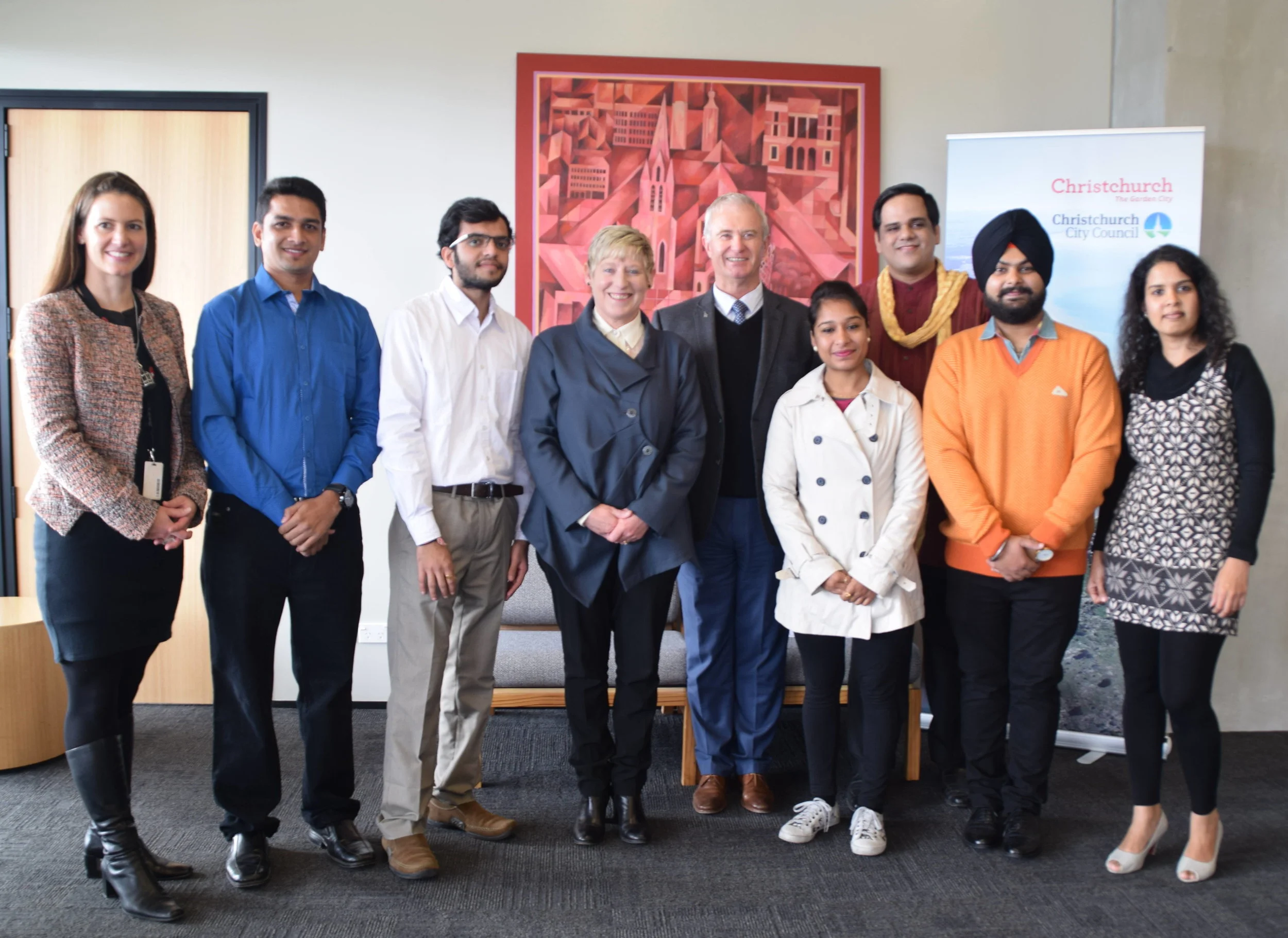Housing: Small impact of visa-controlled immigration on housing prices - study
A new study has revealed that “changes in immigration policy, which can impact only on visa-controlled immigration, are unlikely to have much impact on the housing market”.
This, says the study authors, “because the available data on population change suggest that visa-controlled immigration into New Zealand, and specifically into Auckland, in the recent past has had a relatively small impact on house prices compared to other demand factors, such as the strongly cyclical changes in the emigration of New Zealanders, low interest rates, investor demand and capital gains expectations.”
The study, “Past research on the impact of international migration on house prices: implications for Auckland,” was commissioned by the Ministry of Business, Innovation and Employment (MBIE) and done by Bill Cochrane and Jacques Poot of the the National Institute of Demographic and Economic Analysis, University of Waikato.
Below is what it says on three important issues:
Knock-on effects
"For a change in immigration policy to effectively dampen house prices, there would have to be a quantitatively large effect of an increase in net immigration on house prices. It is plausible that any policy-driven reduction to the inflow of migrants to offset housing demand is likely to exacerbate skills shortages with likely negative knock-on effects on productivity and economic growth. The trends in recent months appear consistent with the perspective that the Auckland housing market has been influenced less by international migration than by other factors."
Measures taken
"On order to reduce speculative forces in the Auckland housing market, assumed to have been partly driven by foreign buyers, the New Zealand government and the Reserve Bank of New Zealand have implemented measures, respectively requiring foreign owners to file New Zealand tax returns (since 1 October 2015) and requiring a 30 percent deposit on Auckland investment property purchases (since 1 November 2015). Since these measures have come into force already some dampening of demand and prices has been observed in the market, even though net international migration continues to be at a record high level."
Foreign investors
"Unfortunately, as we know little about foreign investors in New Zealand property markets at present, we are unable to access the role (if any) of such investors in driving property prices in Auckland, in particular, or New Zealand in general."



